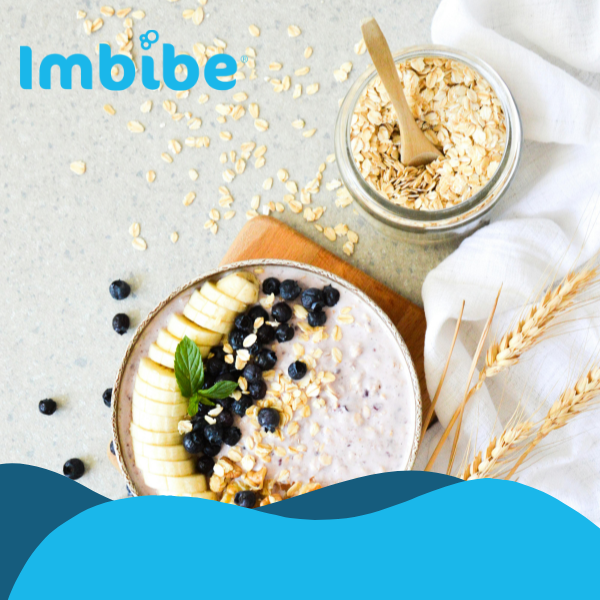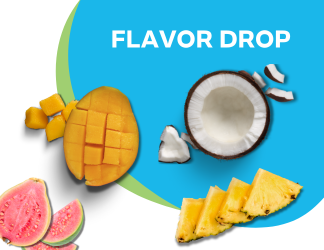 Depending on the application, ready-to-drink (RTD) beverages more frequently contain chocolate flavors or extracts, while cocoa powder is more common in powdered beverages, says Ilana Orlofsky, marketing coordinator for Niles, Ill.-based Imbibe. She adds that cocoa powder combined with a sweetening system works well as a masking agent in functional protein beverages.
Depending on the application, ready-to-drink (RTD) beverages more frequently contain chocolate flavors or extracts, while cocoa powder is more common in powdered beverages, says Ilana Orlofsky, marketing coordinator for Niles, Ill.-based Imbibe. She adds that cocoa powder combined with a sweetening system works well as a masking agent in functional protein beverages.
“No matter what type of chocolate ingredient is used, we see hundreds of chocolate-centric flavored beverage products — with names like chocolate truffle, creamy chocolate fudge, milk chocolate, dark chocolate, creamy chocolate and frosty chocolate — to reinforce the ever-popular chocolate, a market that Mintel has projected to grow to $25 billion through 2019 in the U.S.,” Orlofsky says.
Check out the full article in Beverage Industry.



